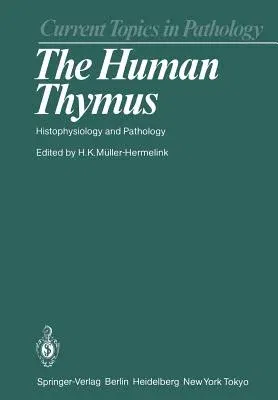The Human Thymus: Histophysiology and Pathology (Softcover Reprint of the Original 1st 1986)Paperback - Softcover Reprint of the Original 1st 1986, 10 January 2012

Qty
1
Turbo
Ships in 2 - 3 days
In Stock
Free Delivery
Cash on Delivery
15 Days
Free Returns
Secure Checkout
Part of Series
Current Topics in Pathology
Print Length
278 pages
Language
English
Publisher
Springer
Date Published
10 Jan 2012
ISBN-10
364282482X
ISBN-13
9783642824821
Description
Product Details
Book Edition:
Softcover Reprint of the Original 1st 1986
Book Format:
Paperback
Country of Origin:
NL
Date Published:
10 January 2012
Dimensions:
24.41 x
16.99 x
1.57 cm
ISBN-10:
364282482X
ISBN-13:
9783642824821
Language:
English
Location:
Berlin, Heidelberg
Pages:
278
Publisher:
Series:
Weight:
471.74 gm

